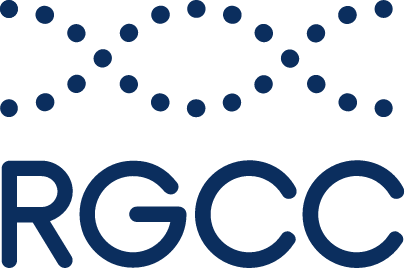Treatments & therapies
The treatment you receive for your cancer will depend on the type of cancer you have, where it is in the body and its current stage of development.
Conventional cancer treatments include surgery, chemotherapy and radiotherapy.
There are other types of therapies available, some of which are offered privately. You should discuss your options with your doctor before embarking on any therapies.
Surgery
If you have developed a solid tumour, then it will be surgically removed if possible.
During the operation, the surgeon will remove the cancerous tumour and some of the surrounding tissue around it, known as the tumour margin.
Chemotherapy
During chemotherapy, powerful medicines target and kill cancer cells within the body.
There are a variety of chemotherapy medicines available, including oral and intravenous medication, but all work in the same way, to stop cancer cells from reproducing. This prevents them from growing and spreading in the body.
Radiotherapy
Radiotherapy uses high doses of radiation to kill cancer cells within the body.
There are several types of radiotherapy, including external radiotherapy, radiotherapy implants, radiotherapy injections and intrabeam radiotherapy.
A cancer patient may receive one, or all, of these treatments. Doctors will decide on the most appropriate combination of therapies based on individual circumstances.
Complementary and alternative medicine
Complementary and alternative medicine covers a broad spectrum of treatments, therapies and practices that exist outside of conventional medicine.
This can include traditional medicines that have been practised for generations, such as acupuncture and homoeopathy, or more modern therapies including electrotherapy. Typically, complementary medicine is used alongside conventional medical treatments. Alternative medicine is used instead of conventional medicine.

